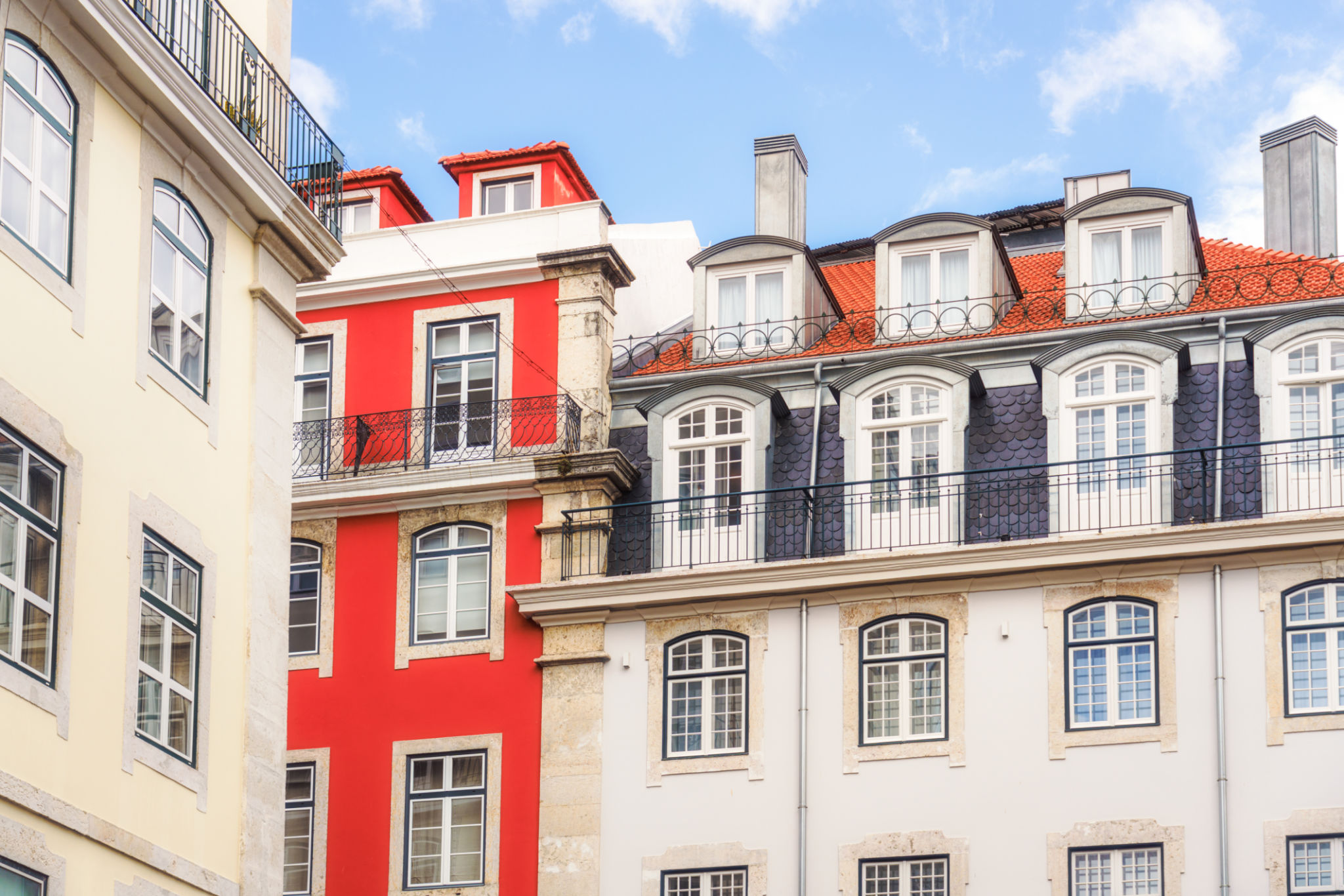Property Development Trends in Portugal: What Investors Need to Know
Understanding the Portuguese Property Market
Portugal has been attracting a growing number of property investors in recent years, thanks to its favorable economic climate, attractive lifestyle, and strategic location in Europe. As the market continues to evolve, it is crucial for investors to stay informed about the latest property development trends to make well-informed decisions.

Urban Regeneration and Smart Cities
One of the most significant trends in Portugal's property sector is urban regeneration. Cities like Lisbon and Porto are undergoing extensive redevelopment projects aimed at revitalizing neglected areas. These initiatives not only enhance the aesthetic appeal of these cities but also improve infrastructure and public services.
Additionally, the concept of smart cities is gaining traction in Portugal. The integration of technology in urban planning is creating more sustainable and efficient living spaces. For investors, this trend presents an opportunity to invest in properties that are both modern and environmentally friendly.
Tourism-Driven Developments
Tourism continues to be a significant driver of property development in Portugal. The country's picturesque landscapes and rich cultural heritage attract millions of tourists annually. As a result, there is a growing demand for short-term rental properties and hotel developments.

Investors looking to capitalize on this trend should consider properties in popular tourist destinations such as the Algarve, Lisbon, and Porto. These areas offer high rental yields and a steady stream of tourists throughout the year.
Sustainable and Eco-Friendly Projects
Sustainability is becoming increasingly important in property development across Portugal. Developers are focusing on eco-friendly designs and construction methods to meet regulatory requirements and cater to environmentally conscious consumers.
Investors should pay attention to projects that emphasize energy efficiency, green building materials, and sustainable practices. These properties are not only beneficial for the environment but can also offer long-term cost savings and appeal to a wider range of buyers.

Golden Visa Program Impact
The Golden Visa program has been a game-changer for the Portuguese real estate market. This initiative allows non-EU investors to obtain residency permits by investing in property, thus attracting significant foreign investment.
While recent changes have been introduced to redirect investments away from metropolitan areas, opportunities remain in interior regions and the Azores. Investors should stay updated on the latest regulations to maximize their investment potential through this program.
The Rise of Co-Living Spaces
As housing preferences shift, co-living spaces are becoming increasingly popular in Portugal. These shared living arrangements cater to young professionals and digital nomads seeking affordable, flexible accommodation in urban areas.
Investing in co-living developments can be a lucrative option, given the rising demand for such spaces. These properties often offer higher occupancy rates and can adapt to changing market needs more efficiently.

Conclusion: Navigating the Future of Property Investment
Portugal's property development landscape is dynamic and full of potential for investors willing to explore new trends. By understanding the current market dynamics—such as urban regeneration, sustainable building practices, and the influence of tourism—investors can make strategic choices that align with future growth opportunities.
As always, thorough research and professional advice are key components for successful property investment. Staying informed about local regulations and market trends will ensure that investors can navigate Portugal's evolving property market with confidence.